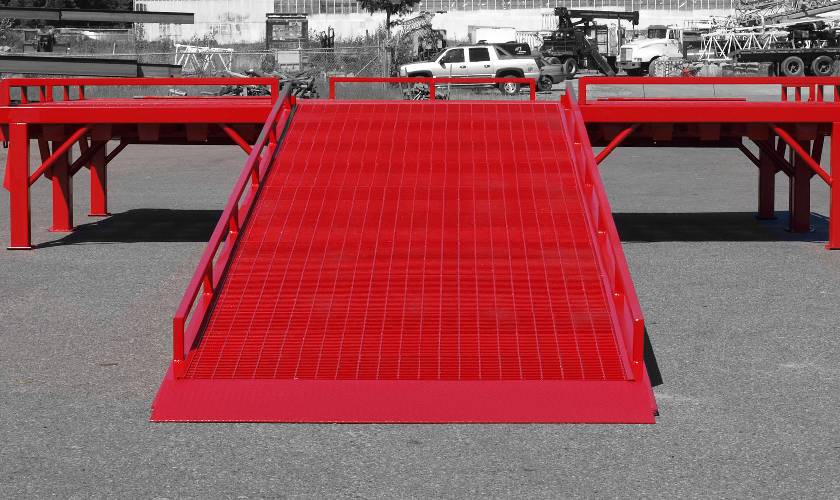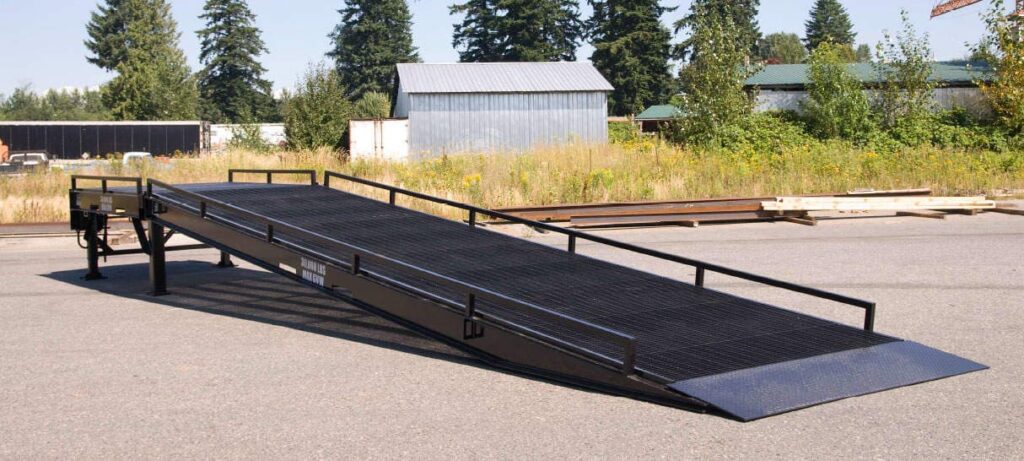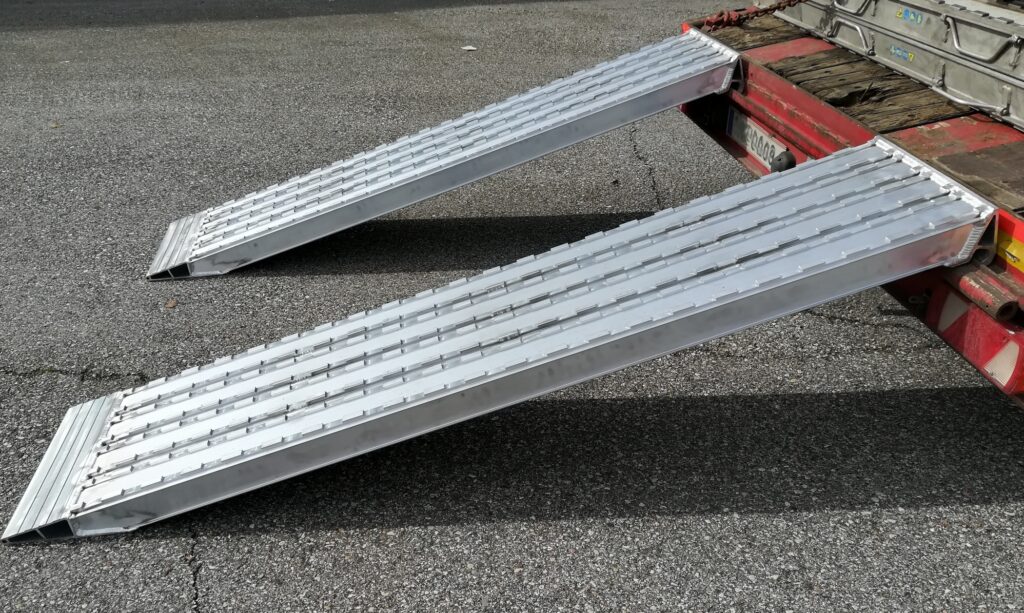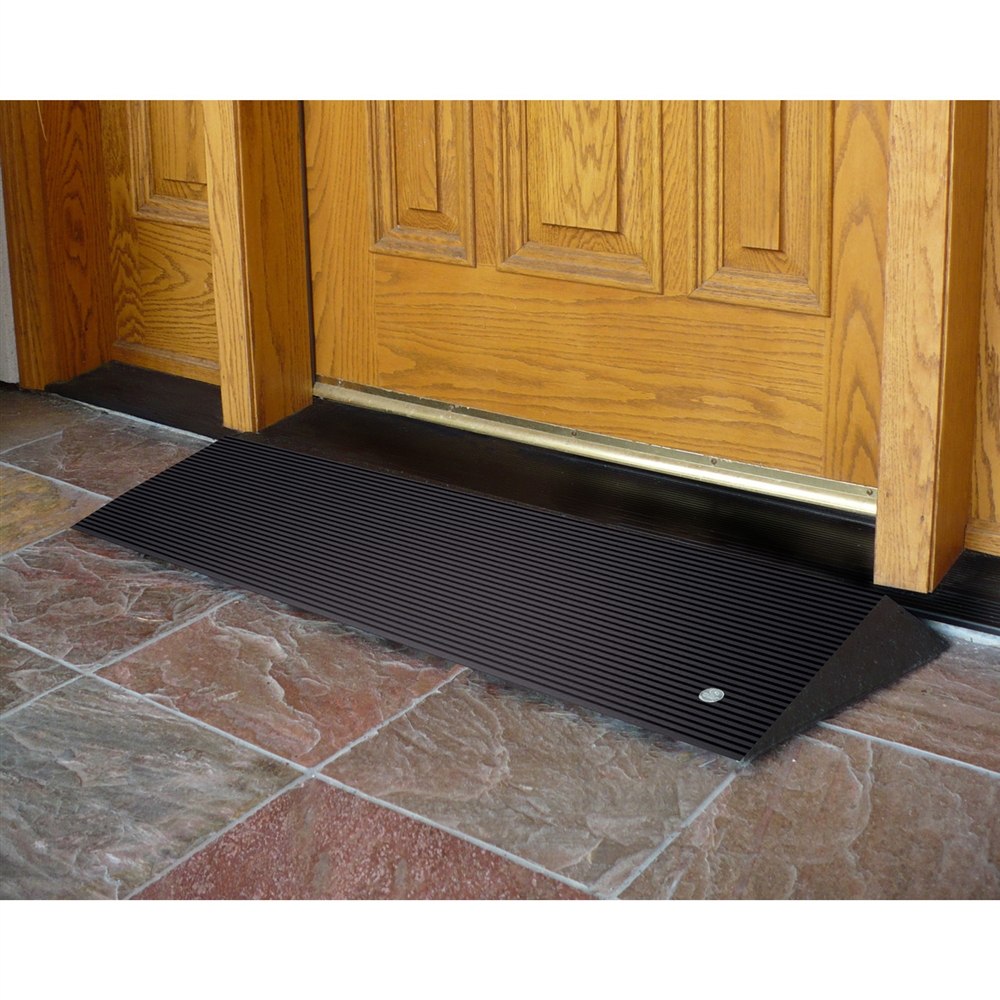
Loading Ramps Unveiled: Exploring Different Materials and Their Advantages
Loading ramps are an essential tool for various industries, facilitating the seamless movement of heavy equipment, vehicles, and goods.
They provide a safe and efficient solution for loading and unloading tasks, ensuring smooth transitions between different levels.
When it comes to them, one of the key considerations is the choice of materials. Different materials offer distinct advantages, and today, we delve into the world of loading ramps to explore their various options.
Steel Ramps

Steel ramps have long been a popular choice for their durability and strength. Constructed from high-quality steel, they are capable of withstanding heavy loads and are built to last. They are particularly ideal for industrial settings where heavy machinery and equipment need to be loaded and unloaded frequently. Their robust construction ensures they can handle the weight and pressure exerted during such tasks.
Additionally, they are highly resistant to wear and tear, making them suitable for demanding environments. Whether it’s a construction site or a warehouse, steel ramps provide a reliable and long-lasting solution. Furthermore, they often come with anti-slip surfaces, ensuring the safety of workers and preventing accidents.
Aluminium Ramps

Aluminium ramps, on the other hand, have gained popularity for their lightweight yet sturdy nature. Aluminium is known for its exceptional strength-to-weight ratio, making it an excellent choice for portable loading ramps. These ramps are easy to handle and transport, allowing for quick and hassle-free setup. Whether you need to load a vehicle onto a trailer or move heavy equipment into a truck, they offer convenience and efficiency.
Despite their lightweight design, they can support substantial loads, making them a versatile option for a range of applications. They are corrosion-resistant, ensuring longevity even in harsh weather conditions. Additionally, the anti-slip surface on them guarantees secure traction, preventing accidents and providing peace of mind during loading and unloading operations.
Composite Ramps

Another material that has gained traction in the realm of loading ramps is composite. Composite ramps are typically constructed from a blend of materials such as fiberglass and resin, resulting in a lightweight yet robust structure. They offer a unique combination of strength, durability, and versatility.
They are highly resistant to chemicals, making them ideal for industries that deal with corrosive substances. They are also non-conductive, which is advantageous when working with electrical equipment. Moreover, they can withstand extreme temperatures, making them suitable for diverse environments, including cold storage facilities and outdoor applications.
Rubber Ramps

Rubber ramps are a popular choice when it comes to loading and unloading fragile or sensitive equipment. The soft and flexible nature of rubber ramps provides a cushioned surface, ensuring the protection of delicate items during transportation. They are commonly used in the healthcare industry, where medical equipment needs to be loaded and unloaded safely.
They also offer excellent traction, minimizing the risk of slips and falls. They are weather-resistant and can withstand exposure to sunlight and moisture. They are highly portable, allowing for easy installation and removal as required. Their versatility and ability to absorb shock make them an optimal choice for handling delicate goods.
Investing in high-quality loading ramps made from reliable materials ensures that you have a reliable and durable solution for your business. Whether you choose steel, aluminium, composite, or rubber ones, remember to consider their long-term benefits and the impact they can have on your operations. They may seem like a simple tool, but choosing the right material can make a significant difference in streamlining your workflow and enhancing overall productivity.
